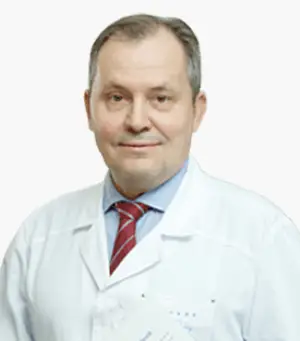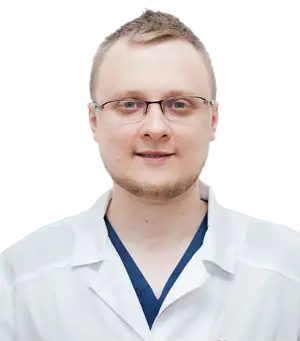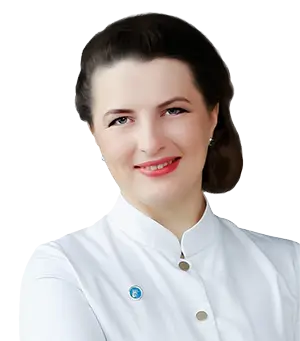24-Hour Holter ECG Monitoring
An electrocardiogram not infrequently reveals no abnormalities in the patient although he (she) is ill. This is explained by the fact that disturbances in functioning of the heart can occur irregularly, and everything may be well during the procedure. The main problem consists in the fact that a standard ECG records only several cardiac muscle contractions (this value may vary from 3 to 20 depending on the cardiograph). But the heart contracts about 100,000 times every 24 hours. The 24-hour ECG monitoring should be performed in order to study the heart function more thoroughly. It is also called the Holter monitoring after an American biochemist who performed such monitoring for the first time in 1952; his name was Nathan Holter.
This is the procedure allowing to record the ECG for a long period. This period is usually 24 hours, but the physician can extend it depending on specific circumstances. It is performed using a portable device, which is attached to the patient’s body. The patient goes about his (her) usual routine for a period prescribed by the physician and records the circumstances and the time of complaints associated with the heart functioning in a diary.
As compared to a standard recording of an electrocardiogram, such an investigation has several benefits. It makes it possible to:
- record episodes of ischemic changes occurring in the QRS complex;
- observe the heart response and blood pressure changes during stress conditions, physical activities and sleep;
- reveal signs of painless and painful myocardial ischemia, hypertension, arrhythmia and hypotension;
- assess cardiac conduction and rhythm over 24 hours;
- find causes of blood pressure abrupt changes, occurrence of syncopes, etc.
The method suggested by Holter is the only method which allows to diagnose a risk of myocardial infarction before it is too late. As a rule, if such a condition develops, patients seek medical attention at the Clinic with complaints of heartache during physical activities and stress.
Indications for Holter ECG
This procedure is recommended in the following cases:
- sudden dizziness,
- presyncope and syncope,
- asthenia;
- sudden heart malaise;
- feeling unwell after physical activities or stress;
- occurrence of episodic heart functioning disturbances,
- pains, dyspnea;
- condition of weakness and tiredness after awakening.
Contraindications
There exist contraindications for use of ECG monitoring but they are only few. Indeed, you should avoid the 24-hour Holter ECG monitoring only in cases of acute inflammatory diseases of the heart. The procedure does no harm in all other cases and it is absolutely painless. It may be performed for children and adults and pregnant women.
24-Hour Monitoring: How Is It Done?
You should come to the Clinic at the appointed time. Our specialists will attach the Holter monitoring device and attach the electrodes to your body (the device is usually suspended at the waist level). You will also receive a special diary in which you will record the time and circumstances of developing any ailments over a period of 24 hours. You will also receive a document to certify that you are currently undergoing a 24-hour Holter ECG monitoring. You can show it at work or present it to law enforcement bodies if they should notice the device on your waist.
Record in your diary the time of such events (when they begin and end) as:
- physical activities;
- meals;
- sleep;
- intake of drugs;
- stress;
- development of ailments.
The procedure requires that you remain active during the day (if you have no contraindications for it). Fast walking, climbing stairs, etc. is recommended.
Diagnostics
You return to Meditsina Clinic in 24 hours to remove the device. After that, the physician-cardiologist will investigate the findings using a special decoder and produce a conclusion. You can obtain it by E-mail.
Benefits of Doing the Procedure at JSC «Medicine» (clinic of academician Roytberg)
JSC «Medicine» (clinic of academician Roytberg) is a modern clinic with advanced equipment. Our clinic employs experienced, highly qualified specialists who have cutting-edge expertise in this area. We guarantee attention and an individual approach to each patient, we will answer any questions quickly. The procedure can be provided both in outpatient and inpatient settings. The prices for the services provided by the Clinic in Moscow are presented on the website. For more detailed information, please contact our specialists.
Doctors













